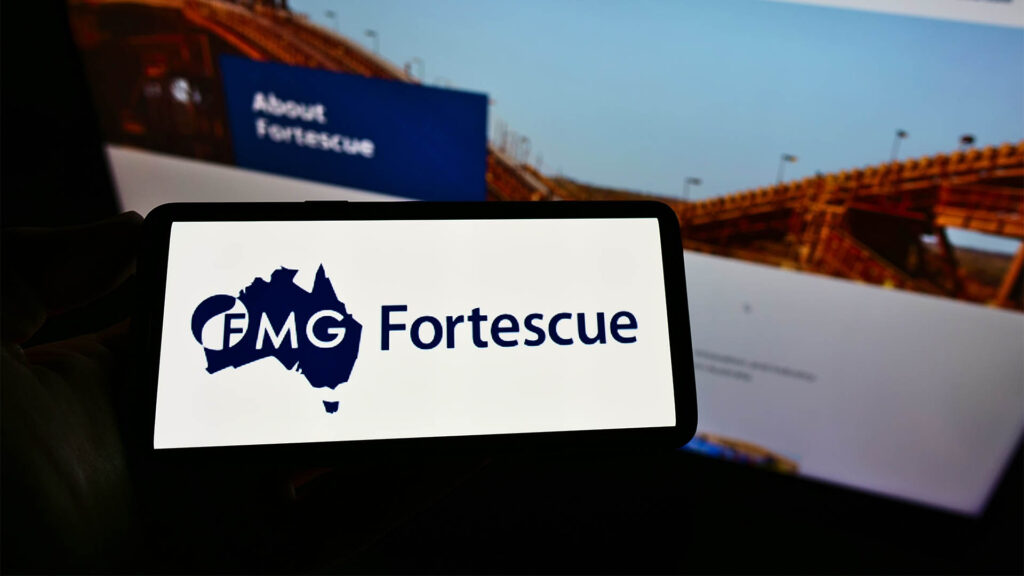For the second time in as many years, Fortescue’s (ASX:FMG) third-quarter iron ore production and sales have been weaker than expected.
A year ago, the iron ore major revealed that March quarter production fell 16% quarter on quarter and 3% year on year. Sales fell 6% quarter on quarter but were flat year on year at 46 million tonnes.
That saw the shares fall around 5% at one stage on the day of the announcement.
On Wednesday, the company reported a 6% slide in sales from a year ago to 43.3 million wet tonnes. The fall was due to the impact of an ore-car derailment last December and weather disruptions.
The shares were down nearly 2% in the first hour.
Total ore mined fell 8% to 46.6 million wet tonnes, while total ore processed dropped 8% to 42.4 million wet metric tonnes. The mining giant now expects 2024 shipments to be at the lower end of its forecast of between 192 million wet tonnes and 197 million wet tonnes, according to the company.
(That compares to guidance a year ago for 2022-23 of 187 to 192 million tonnes).
Seeing shipments in 2022-23 ended up at 192 million tonnes, Fortescue is looking at falling short by June 30 this year.
The company said the price for its iron ore fines was down on a year ago – but not by much.
Fortescue said its Pilbara Hematite average revenue of $US104.48/ dry metric tonne (dmt) “represents a realization of 85 percent of the average Platts 62% CFR Index of US$123.56/dmt.”
“The revenue realization was impacted by timing as sales increased over the quarter. The Pilbara Hematite contractual realization was 90 percent in Q3 FY24,” Fortescue said.
A year ago, the average revenue was $US109 a dmt.
Fortescue slipped in another trim to expected sales from Iron Bridge, which are now estimated at just 2 million tonnes for the year to June, down from the previous estimate of 2 to 4 million tonnes, which was down from an earlier estimate of 7 million tonnes in August 2023.

